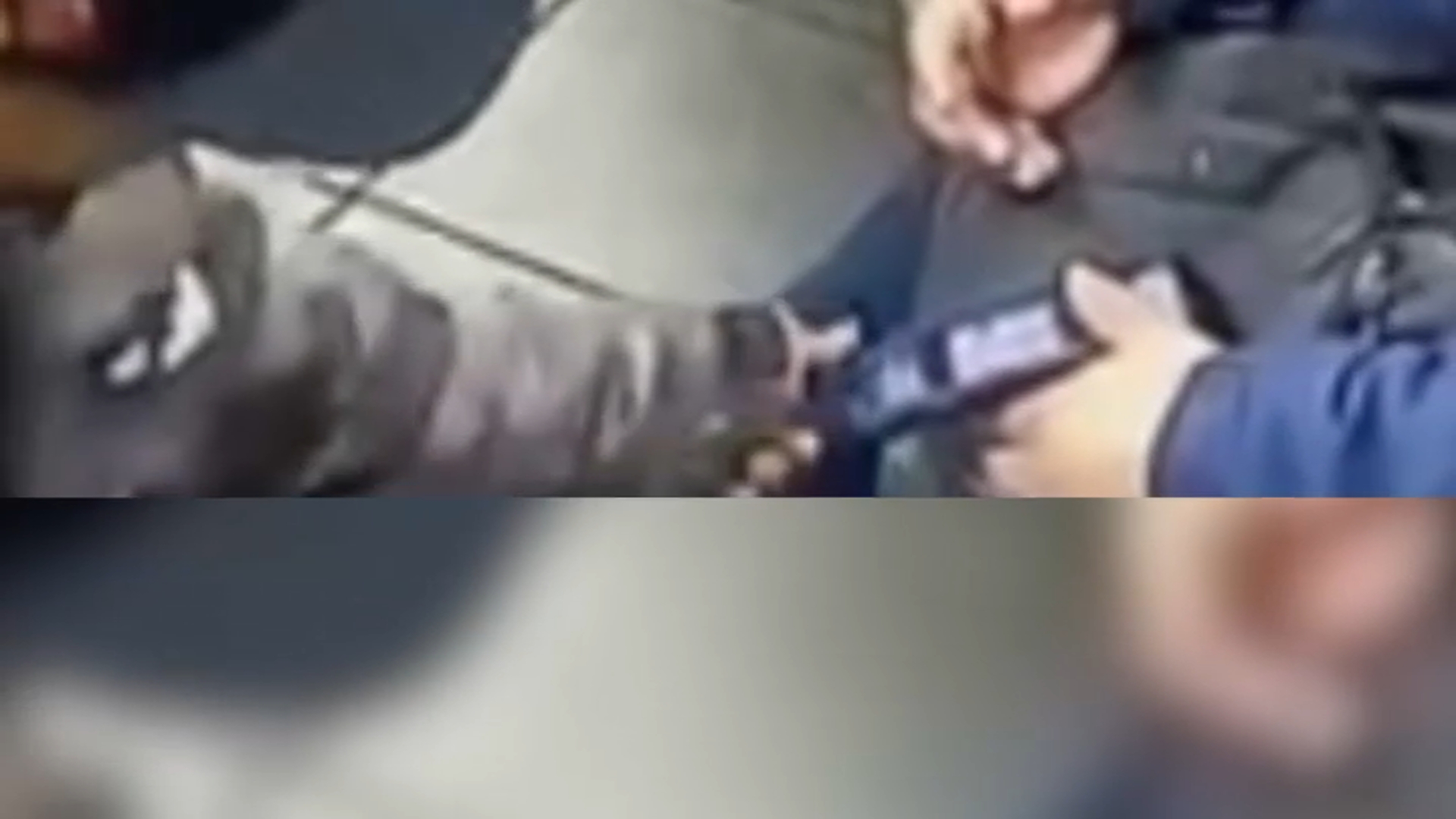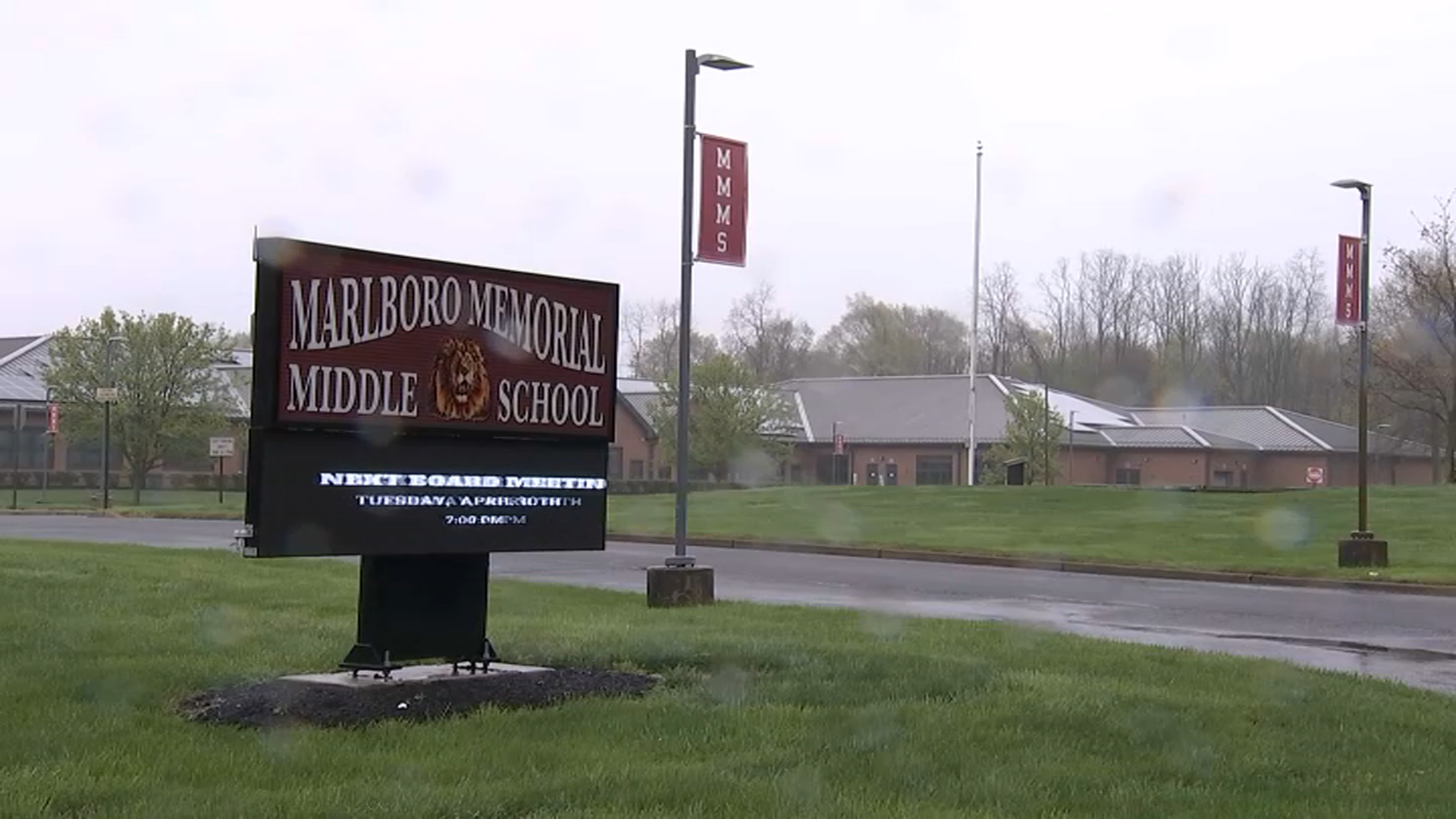What to Know
- Two federal judges refused to block New York's plan to temporarily limit the size of religious gathering in COVID-19 hot spots
- The legal battle over Gov. Andrew Cuomo’s COVID-19 restrictions is expected to continue for months
- On Saturday, Cuomo announced that 826 people were hospitalized with the virus — the highest number since July 15
Two federal judges refused to block New York's plan to temporarily limit the size of religious gathering in COVID-19 hot spots.
U.S. District Judge Judge Kiyo Matsumoto issued a ruling Friday after an emergency hearing in a lawsuit brought by rabbis and synagogues, arguing the restrictions were unconstitutional. They had sought to have enforcement delayed until at least after Jewish holy days this weekend.
The rules limit indoor prayer services to 10 people in areas where the virus is spreading fastest. In other areas within hot spots, indoor religious services are capped at 25 people.
On Saturday, Gov. Andrew Cuomo announced that 826 people were hospitalized with the virus — the highest number since July 15. State officials said eight New Yorkers died of the coronavirus on Friday.
Still, the governor insisted the “numbers remain good news,” noting that public health officials traced 18% of positive tests this week to a so-called “Red Zone” that’s home to 2.8% of the state population.
The restrictions apply in six designated areas in parts of New York City, Rockland and Orange counties, and part of Binghamton. Nonessential businesses and schools have also been shut down in some of those areas.
News
“It’s going to take the work of all of us now to make sure we don’t go backwards on our hard-fought progress,” Cuomo said in a statement. “We must all continue to wear our masks, wash our hands, remain socially distant, and above all, stay New York Tough.”
Ruling from the bench, the judge said the state had an interest in protecting public safety.
In their lawsuit, rabbis, leaders of synagogues and the national Orthodox Jewish group Agudath Israel had argued that Gov. Andrew Cuomo was singling out Jews amid the ongoing Sukkot festival and this weekend’s Simchat Torah, which marks the annual cycle of reading the Torah.
“That targeting of a religious minority on the eve of its holidays is reason enough to reject all of defendant’s arguments and allow plaintiffs to celebrate their holidays this weekend as they have for over 2,000 years,” the groups argued in a Friday court filing.
The Democratic governor’s attorneys argued in court filings he didn’t single out the Orthodox Jewish community for negative treatment, but instead “clarified that this community would not receive special treatment.” And he argued that houses of worship receive more favorable treatment than non-essential businesses in virus “red zones.”
“And a mass gathering is not less dangerous simply because it is religious in nature,” reads Cuomo’s filing. “Moreover, ‘the right to practice religion freely does not include liberty to expose the community . . . to communicable disease.’”
Bishop Nicholas DiMarzio of the Catholic Diocese of Brooklyn said Saturday that church officials “are left with no choice” but to abide by new restrictions that temporarily limit the size of religious gatherings in the COVID-19 hot spots. The restrictions limit attendance at all houses of worship to 25% capacity, or a maximum of 10 people.
The diocese had sued the state in federal court this week, saying Cuomo’s plan would effectively force over two dozen of its churches to close their doors even though they “have been reopened for months in strict adherence to all medical and governmental guidance without any COVID-related incidents whatsoever.”
U.S. District Judge Eric Komitee called the case a “difficult decision” but sided with Cuomo in denying the church’s request for a temporary restraining order. The government, he ruled late Friday, “is afforded wide latitude in managing the spread of deadly diseases under the Supreme Court’s precedent.”
“There is no reason for this latest interference with our First Amendment right to celebrate Mass together,” DiMarzio said in a statement responding to the ruling. “So we will continue to press the courts and our elected officials to end it as soon as possible.”
The legal battle over Cuomo’s COVID-19 restrictions is expected to continue for months. Religious groups say large churches and temples built to accommodate hundreds of people can surely safety handle more than 10 or 25 people at a time, with the proper social distancing in place.
Agudah Chairman Shlomo Werdiger expressed his regret over the ruling and called upon Cuomo and other governmental officials to be more solicitous of the community’s legitimate religious needs.
“We appeal to our elected officials and executive agencies to work with us collaboratively in developing policies that both ensure good health and allow us to practice our faith. It shouldn’t be necessary to have to fight these things out in court,” he said.
Cuomo’s administration is also fighting a June federal court ruling that said New York can’t impose stricter limits on religious gatherings than businesses. Since then, houses of worship and businesses statewide have had a 50% capacity limit, though New York City restaurants have a 25% limit.
That lawsuit was originally filed by the conservative Thomas More Society, which expanded its suit Friday to charge Cuomo’s new hot spot plan puts him in contempt of court.
New York has seen a steady rise in COVID-19 infections and hospitalizations since early September.
The state has recorded 10,000 new infections over the past seven days, a level of spread not seen since May. An average of 698 COVID-19 patients were hospitalized each day over the past week, up from 457 for the last week of August. At the pandemic’s peak, nearly 19,000 New Yorkers were hospitalized.
Cuomo warns much of the uptick is due to hot spots in Orthodox Jewish communities in New York City and suburban counties, on top of clusters linked to colleges and a Baptist church in upstate New York.
Hundreds of Orthodox Jews rallied in Brooklyn’s Borough Park neighborhood on several nights this week to protest the restrictions.



